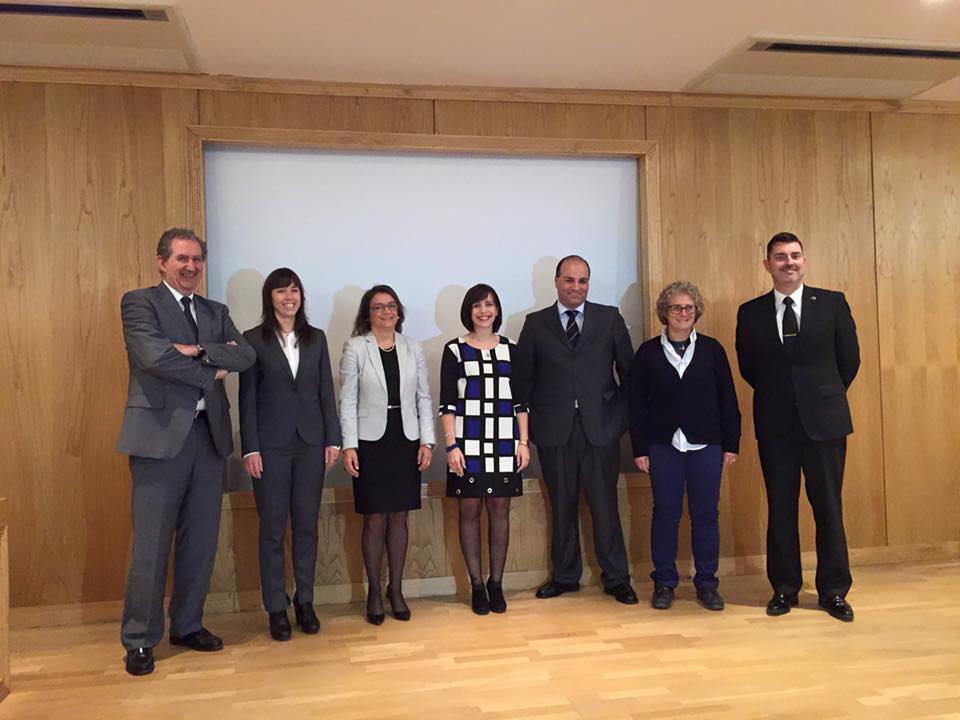Award for Portuguese student's thesis

Lung cancer is the most common and deadly type of cancer worldwide. Late diagnosis of local or metastatic disease is one of the causes contributing to the failure of therapies applied to patients. According to recent data, only 14% of lung cancer cases survive within five years.
In light of these findings, researcher Ana Sofia Silva proposes a new therapeutic approach to lung cancer in her doctoral thesis. The MIT Portugal Program alumna developed a layer-by-layer nanosystem that proved effective in silencing the target genes associated with the genetic pathway of this type of cancer. To assess the biodestruction of the particles, tests were carried out on healthy mice through pulmonary administration by inhalation of the "powders" developed by the researcher. The experiment revealed promising results for future application in gene therapy for lung cancer.
Ana Sofia Silva's thesis thus emphasizes "the extraordinary advantages of combining nanotechnology, molecular biology, polymer science, chemical engineering, and supercritical fluid technology to develop robust and reliable systems for treating [the disease]."
The biennial Best Doctoral ThesisAward was presented by the International Society for the Advancement of Supercritical Fluids during the 16th European Meeting on Supercritical Fluids in Essen, Germany, on May 11, 2016.
Ana Sofia Alves' thesis entitled "Multifunctional nano-in-micro formulations for lung cancer theragnosis"describes the project developed at the Polymer Synthesis and Processing laboratory of the LAQV Unit – REQUIMTE unit at FCT-NOVA, under the coordination of Ana Aguiar-Ricardo, Full Professor in the Department of Chemistry, and in collaboration with the Biomaterials and Tissue Engineering group at UBI.
The MIT-Portugal Program is one of FCT's international partnerships. It operates in the field of engineering systems, with a particular focus on complex processes associated with energy systems, bioengineering, transportation, and industrial production.